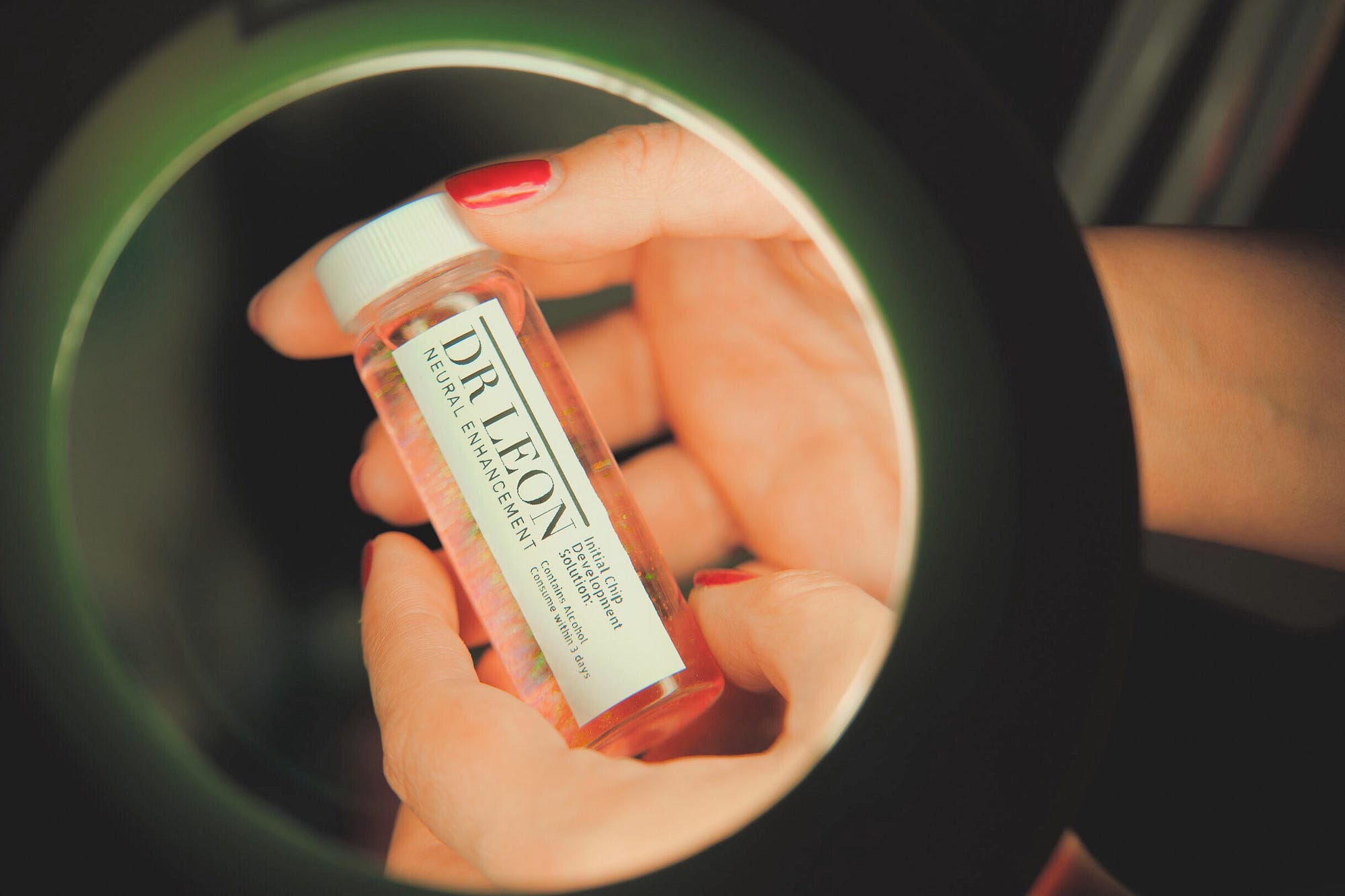
Note: This production is currently located in an R&D facility, from where it will shortly move. By request of the producer, the reviewer has been asked to intentionally obscure details regarding the physical description and location of this performance’s hosting space.
My first impression upon arrival is to take in the incongruity: a wellbeing health clinic located in a huge central London property that looks as if it’s been condemned. A neon-colored glow illuminates the exterior windows and the joint looks more like a venue to host an illegal rave than a place to receive a “surgical procedure.” I’m anxious; my journey to the clinic after a long day of work has been anything but calming during the midwinter rush hour commute. I’m concerned that I’ve come to the wrong place. My first knock goes unanswered. I ring on the security buzzer. Also unanswered. I try a second round and a caretaker finally makes it to the door and escorts me in, assuring me that I’m in the right place and that the doctor will be with me shortly.
I’ve been invited to the Neural Enhancement with Dr Leon clinic, created by X-NN Systems, to receive The Better Chip. The chip is reportedly a “cluster of nanowires which grow by detecting electrical systems across the body” and will, as promised in the name, make me better. (It is important to note here that the performance is entirely non-invasive and is safe for the general public, but there are times during the experience when I find myself forgetting this critical fact.)
I marvel at the installation that’s been built inside this dilapidated property. An airy waiting room has been fenced in the center of the yawning space and papered with pictures of other people who have undergone the procedure. It resembles an art gallery. I pace the length of the room alone, letting the charm of the decor begin to ease the trepidation I’m feeling. Promised the feeling of “brain surgery” only a day after I’ve had a cavity filled, my nerves are ragged and I’m looking for any excuse to run home and hide under the blankets. I can hear the murmur of calm voices nearby, just on the other side of one of the waiting room walls, and soon the doctor appears, escorting the previous patient out. Doctor Molly Leon introduces herself to me and leads me into her office.
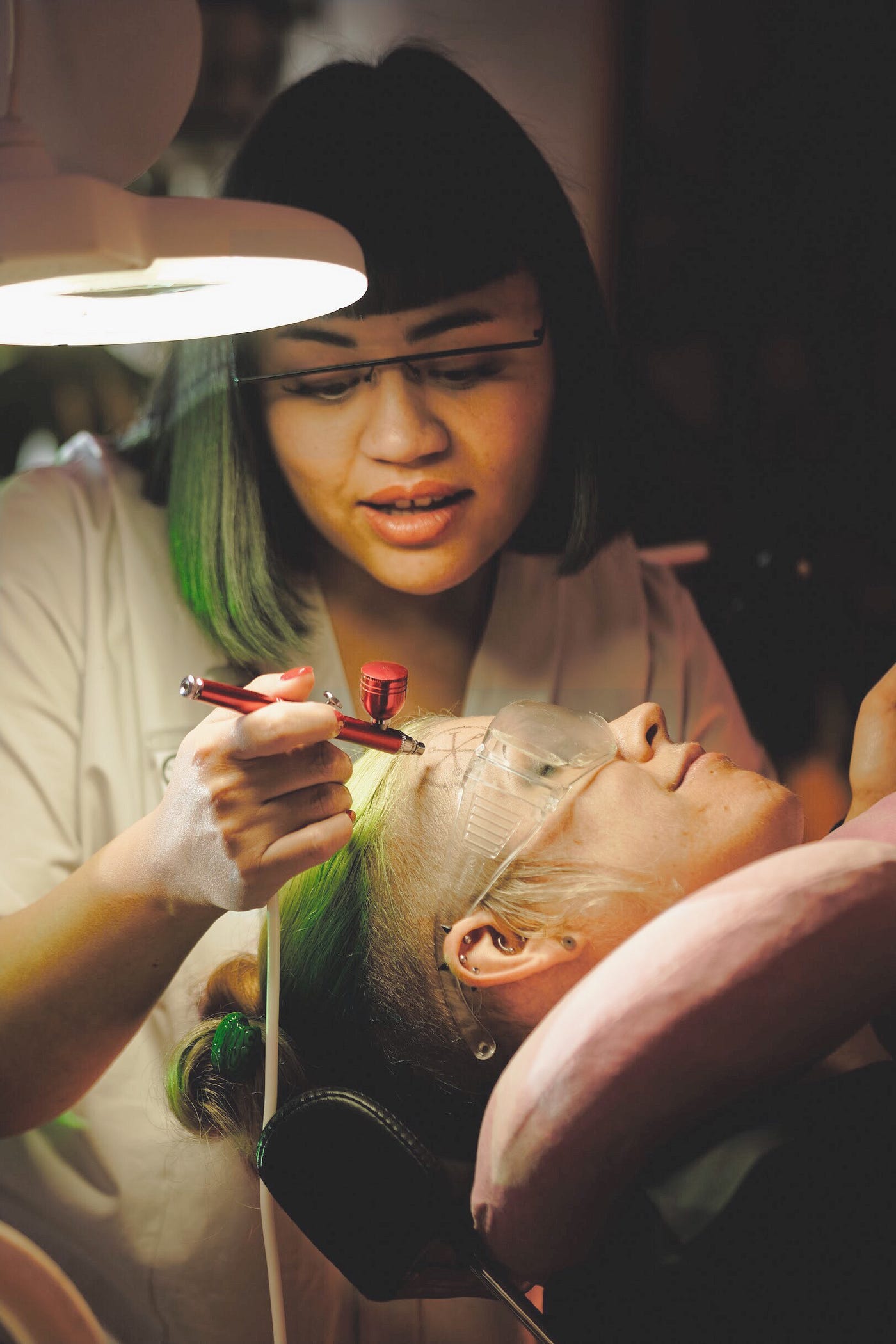
Doctor Leon does not look like today’s medical professional. She wears a white coat but it’s less of a sterile jacket and more of a slinky pinup wrap. Her voice is soothing and friendly, but her chunky heels and evening makeup making her feel like more of a relatable counselor than a brain surgeon. The furnishings are a comfortable mishmash of living room-meets-dispensary, heady with humidity from a deep tangle of potted plants and the calming aroma of lavender and eucalyptus. The doctor offers me water and tea, and I feel the stress knots in my shoulder and spine unravel.
Get Shelley Snyder’s stories in your inbox
Join Medium for free to get updates from this writer.
SubscribeSubscribe
After walking me through a disclaimer that assures me that the procedure is entirely voluntary, non-invasive, and consensual at every step, we have the initial consultation where several short films of other doctors explain the purpose of The Better Chip and how its implantation and dutiful aftercare will improve my physical and mental health. Dr. Leon places a hospital identification wristband on my arm, to assist should I become disoriented and momentarily forget who I am. When I’m prepared and comfortable we move to the nearby barber’s chair where Dr Leon prepares me for the procedure.
I personally have been through several major and minor surgeries in my life (including the previously-mentioned cavity filling the evening prior) so I know what it feels like to be nervous and subsequently narcotized in the presence of surgical equipment. (For legal purposes, I will neither confirm or deny if I’ve ever been exposed to recreational drugs.) That said, the non-invasive tactics Dr Leon takes to immerse the visitor in the experience of open-brain surgery are nothing short of brilliant — all five senses are fully engaged during the “procedure.” I am strapped to the chair, given an oral antiseptic, and Dr. Leon places a pair of glasses on me that alter my vision. Headphones manipulate aural feedback in real-time to disorient me as she applies a “drill” to my forehead (spoiler alert to calm the squeamish: it’s an electric airbrush). To reiterate: there is no pain and the procedure is non-invasive, but by God the experience feels so real that it might as well be. It is over in five minutes and by the end I’m as relaxed as if I’ve been for a deep massage.
Our aftercare consultation takes place immediately following. The doctor walks me through several exercises, gives me a pamphlet, and issues a small bottle of “medicine” (more spoilers: it’s a choice between cold tea or cold tea laced with alcohol) for me to take within the next three days — all tokens to help draw the experience out and make it more immersive, more real. It is at this point where the performance draws to its conclusion; the doctor leads her guest out and wishes them the best in the wake of their treatment.
Only after my journey home I discover that my forehead has been stamped with the clinic’s large logo which I had not known about prior to leaving. I had been under the impression that the doctor had applied a lotion to the skin. It is my only discomfiture about the entire engagement; on the whole I am impressed and feel a deep sense of calm and comfort for the remainder of the evening, a feeling which lingers for days afterward.
Prior to leaving but after the performance has ended I am lucky enough to be invited to learn a bit more about the evolution of the production. My host Sofi Lee-Henson came up through the ranks of Secret Cinema, learning the principles of immersive theatre on the job by beginning as an usher and slowly evolving into a creator and performer. She has no formal theatrical training; her background is in graphic design, nanotechnology, and biosciences. This particular production has been in development since 2013, a study in the evolution of user interface and how a fabricated company can become real.
Lee-Henson notes that consent is a core concern to the performance as many people are tentative around doctors and medical procedures, and every aspect of the surgical experience is negotiable to suit visitors’ comfort levels. She prefers to have one visitor leaving as the next is coming in, the overlap specifically curated to assure the next visitor that the previous one is leaving comfortable and happy. She does note that it is important for visitors to have a fluent understanding of the English language as some attendees were not able to grasp some of the non-invasive or consensual nuances, and were disappointed by their experience.
The performance is most effective when attending alone: the affectation of the brain surgery would be lost if seen from a third-person perspective before experiencing, and Lee-Henson also reports that the obligation of social engagement with companions tends to sap visitors’ willingness to engage during the consultation. I am disappointed to learn that the production will be moving locations since the current one curates such a fascinating juxtaposition of deterioration and renewal, but Lee-Henson aims to offer the experience in a more corporate or clinical environment. In any case the performance had a marked and lasting (adjective) effect on my mood.
My advisement is to book quickly and often. Punchdrunk devotees should see it while it’s still in its R&D facility, but regular visits with Dr Leon will continue to benefit any patient looking to be “better.”
Sessions with Dr Leon are available by appointment only in London and start at £35 for an hour. For more information visit X-NN Systems.


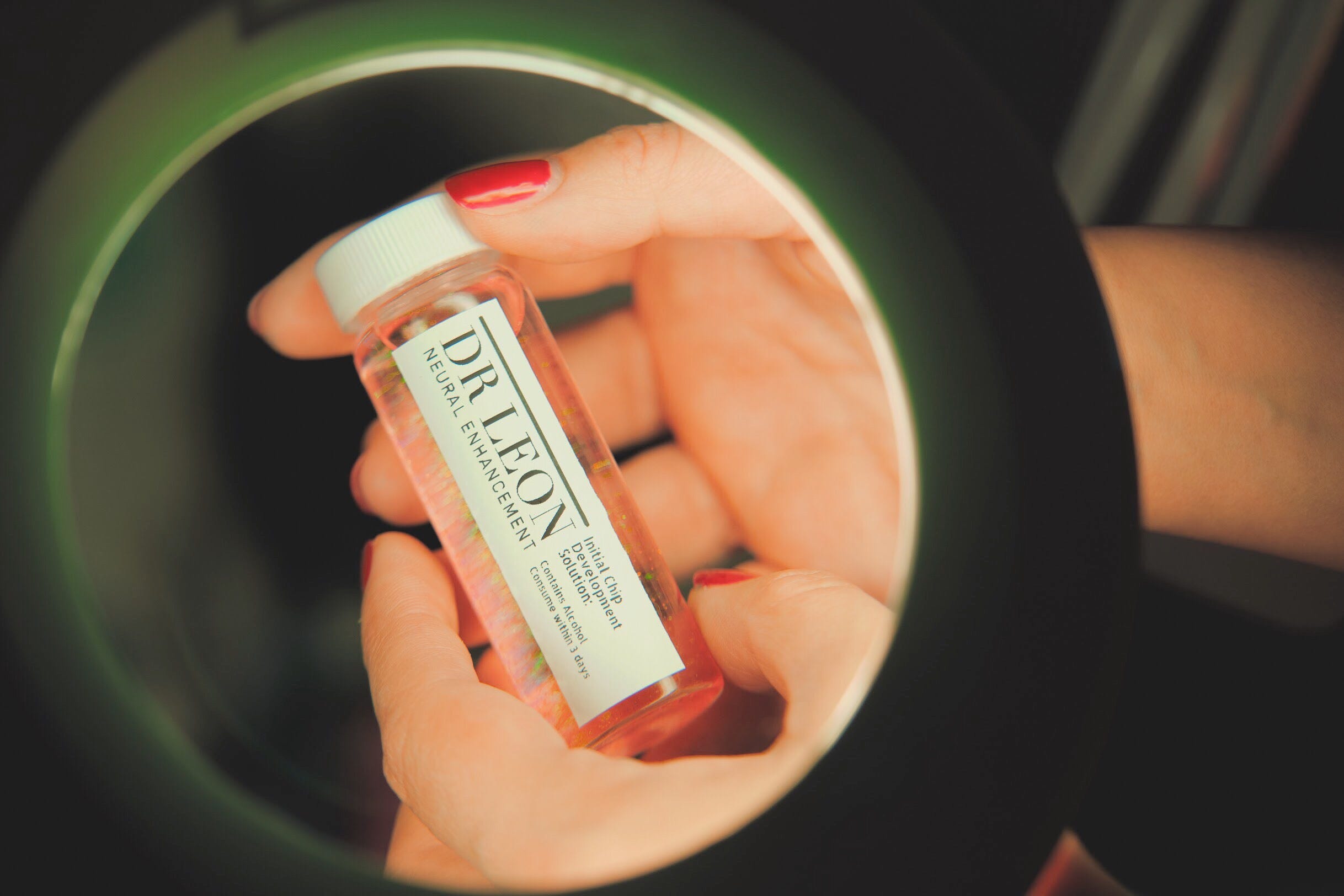


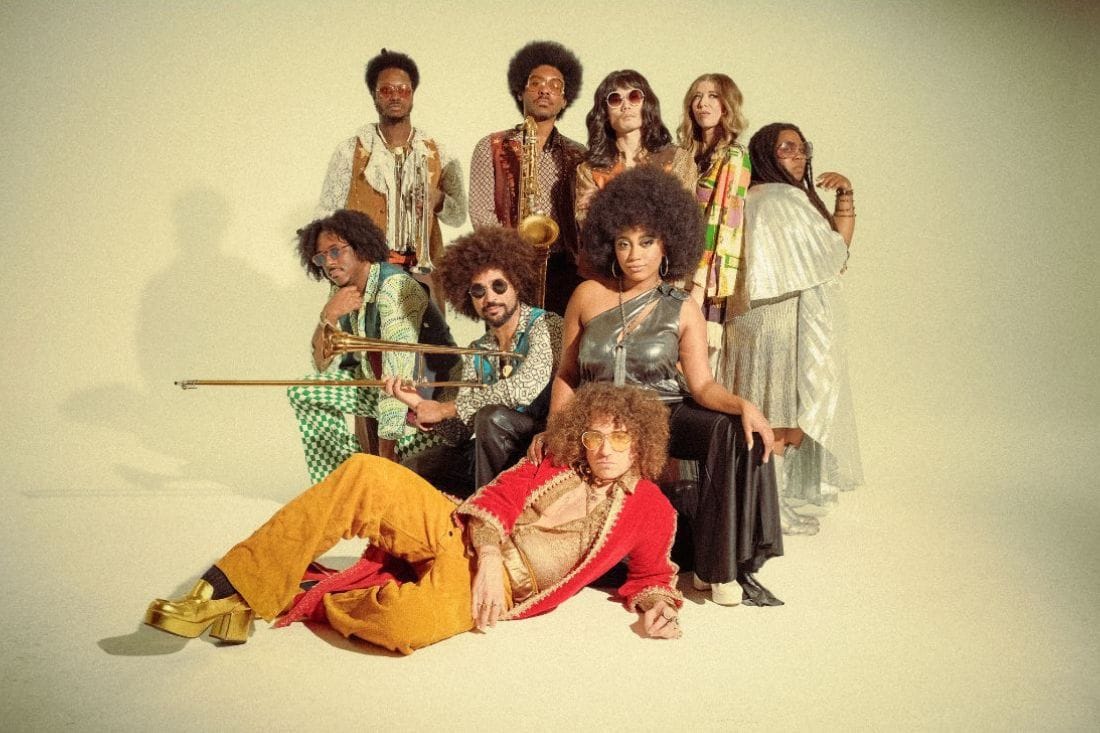
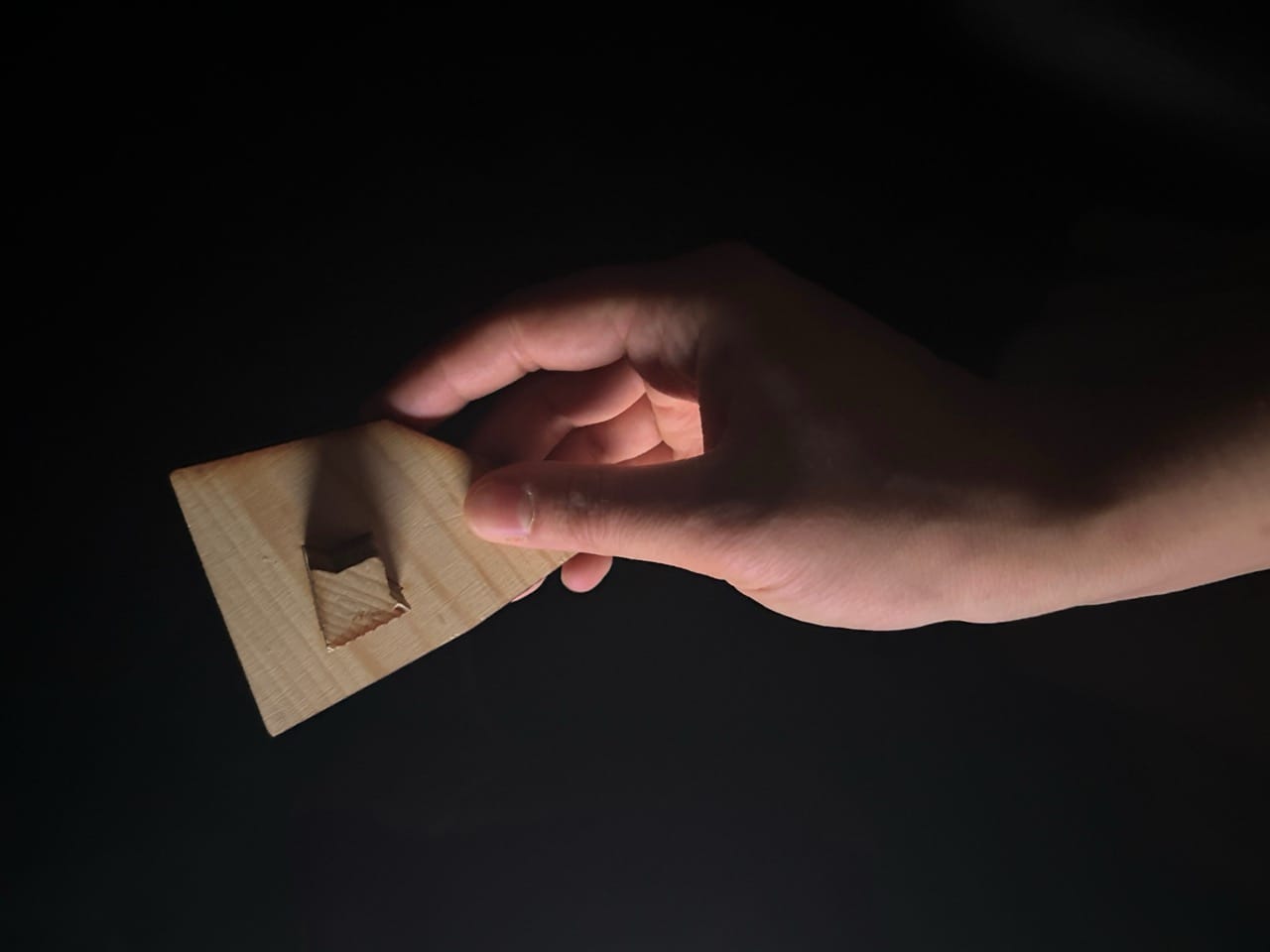
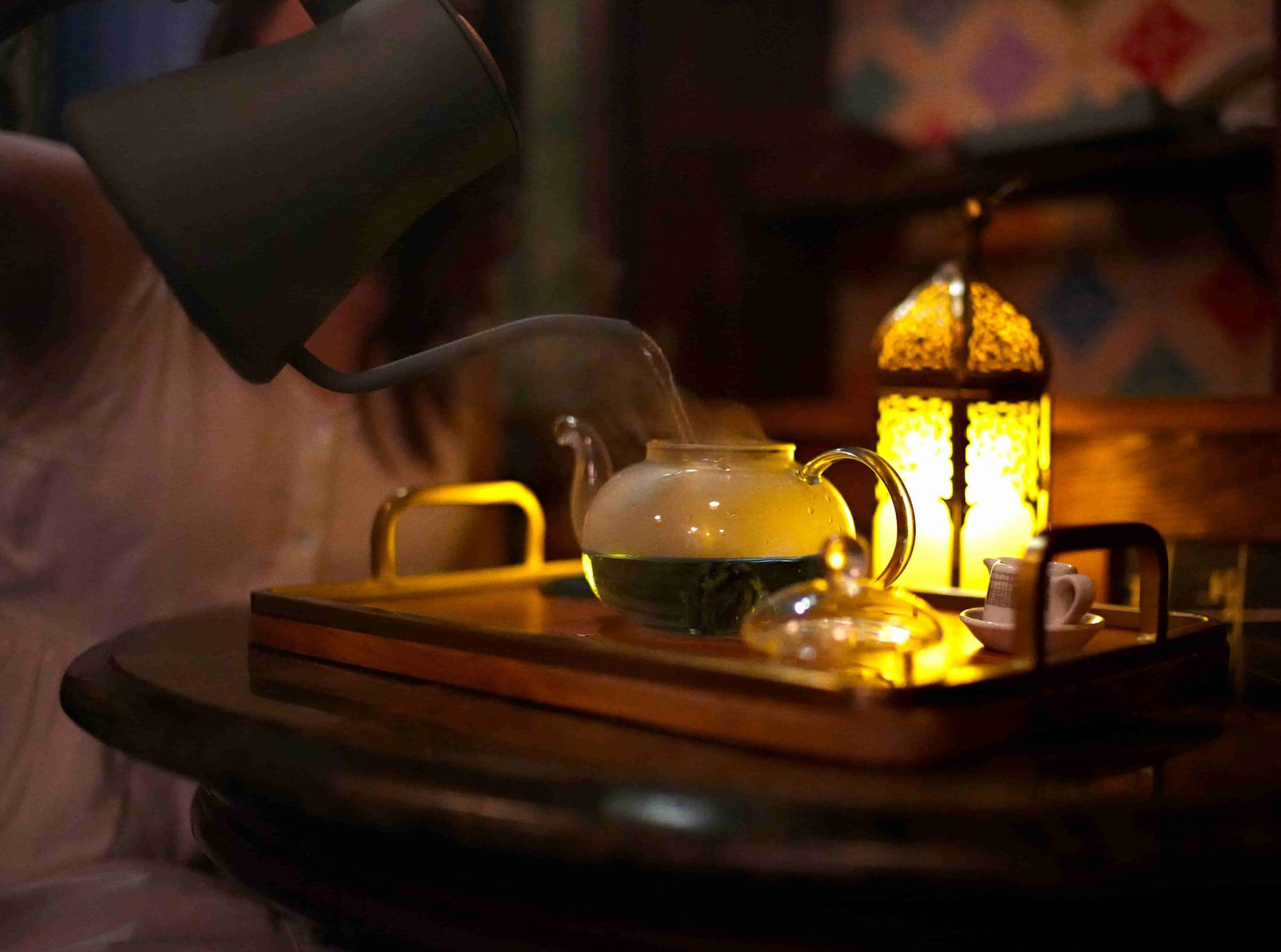
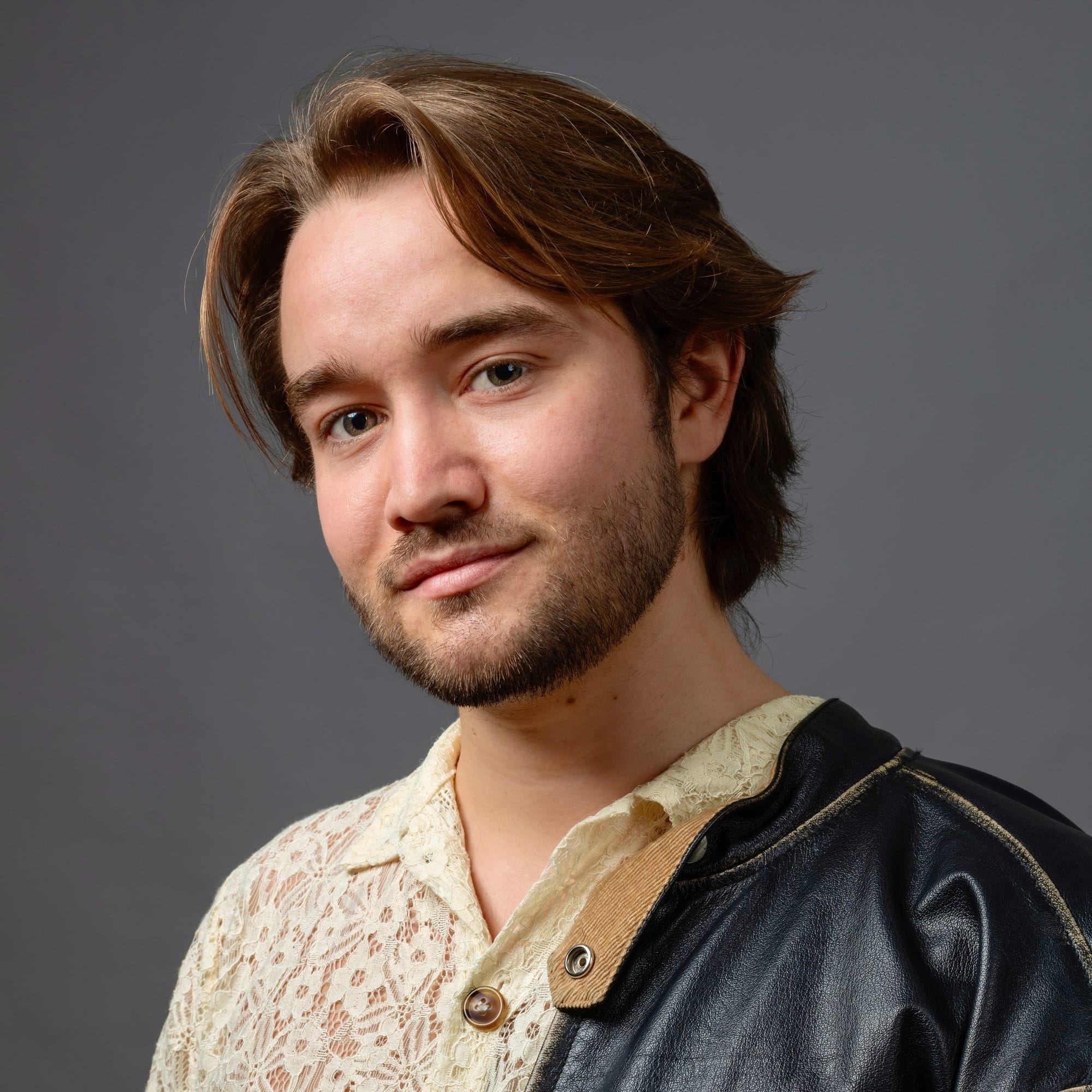




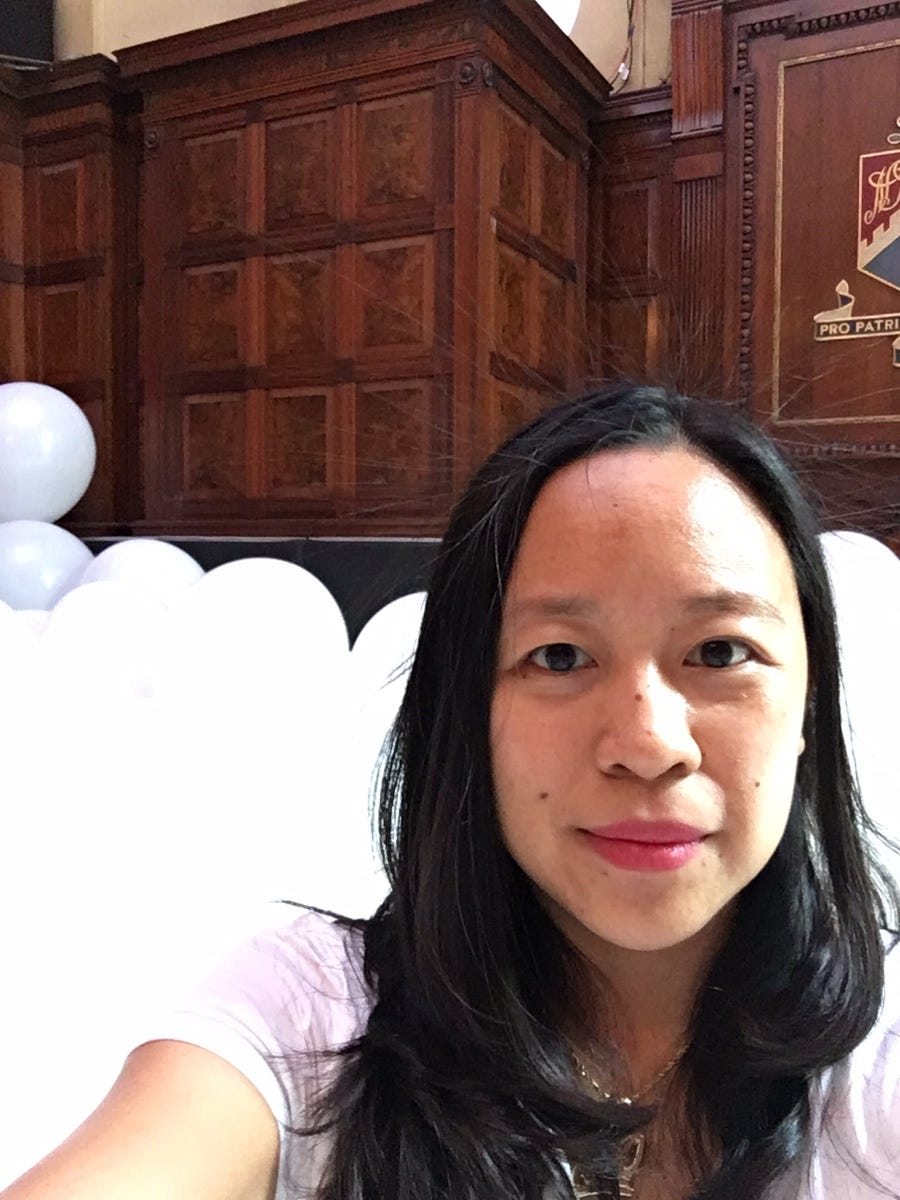
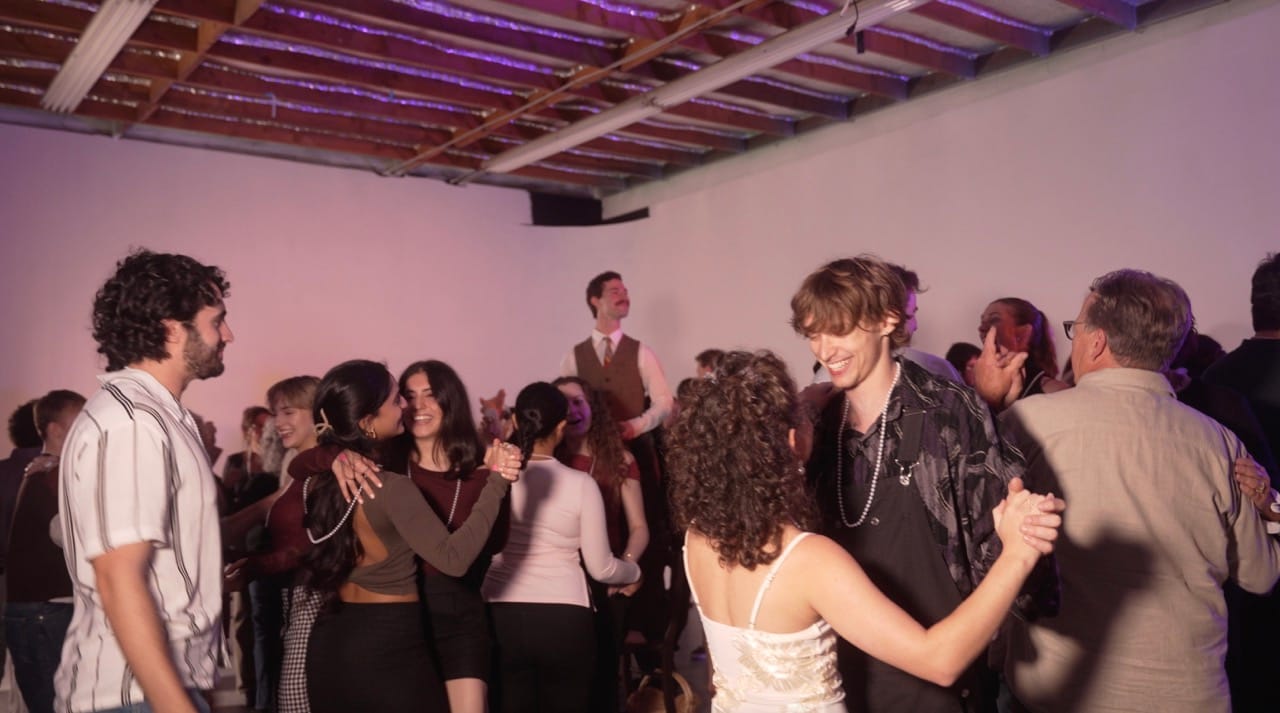
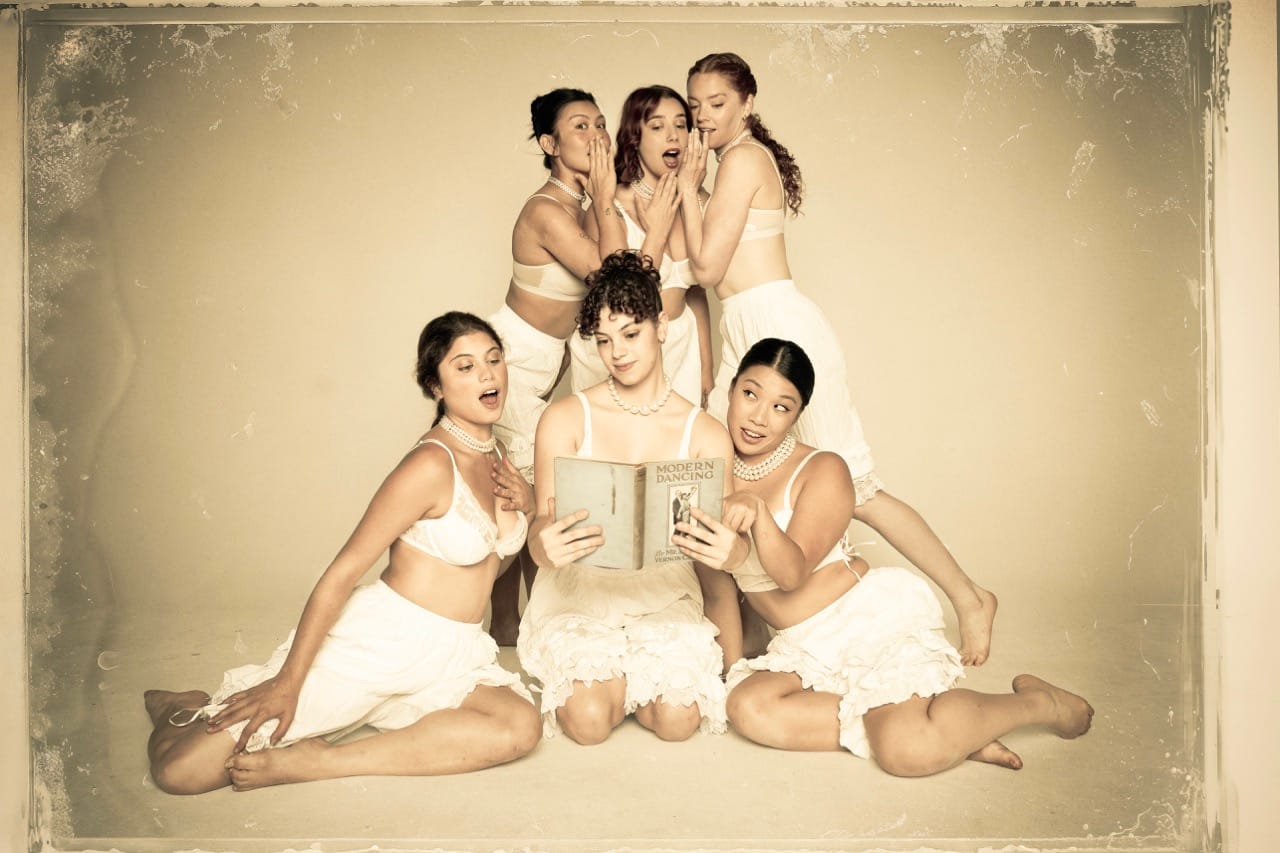
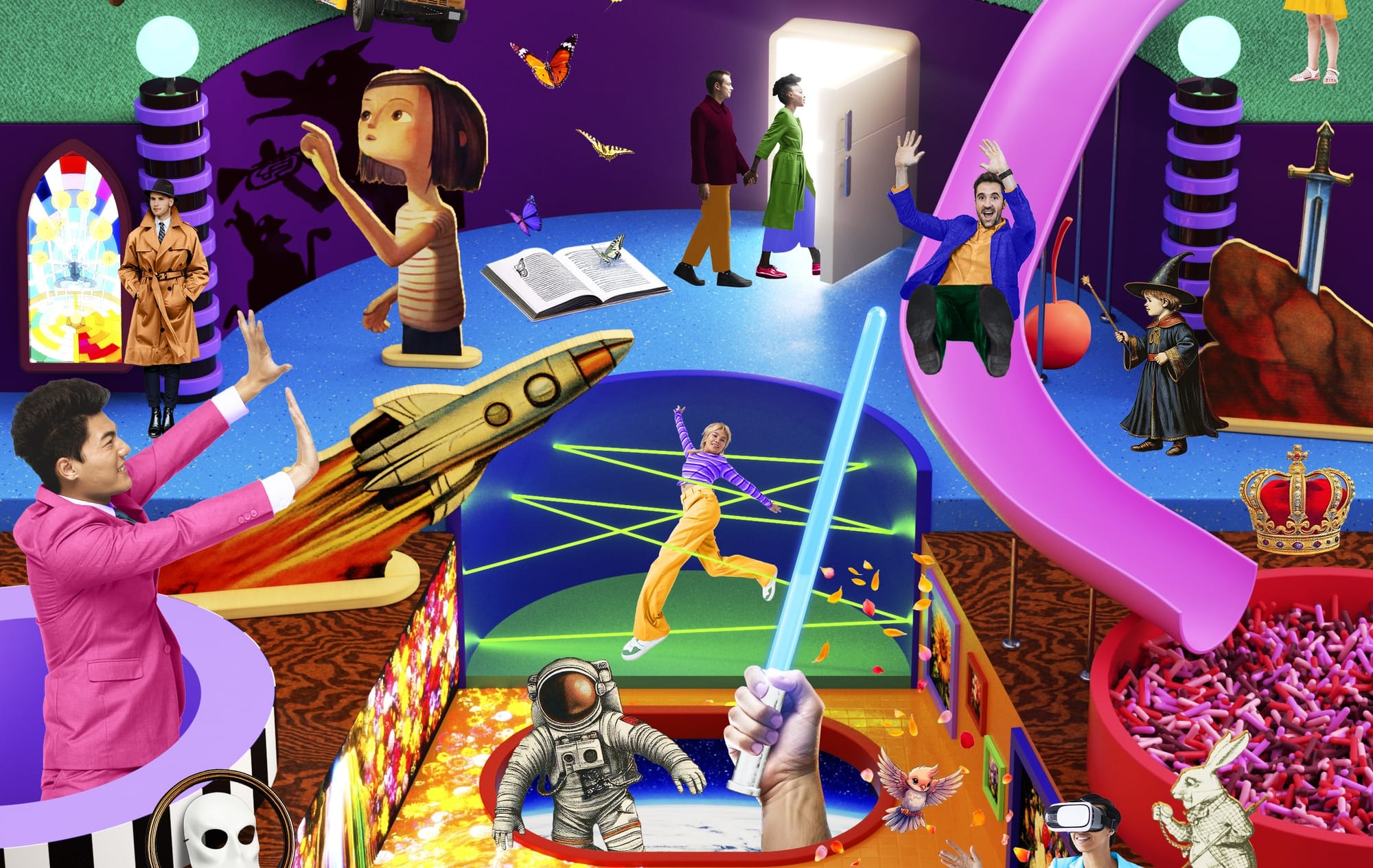
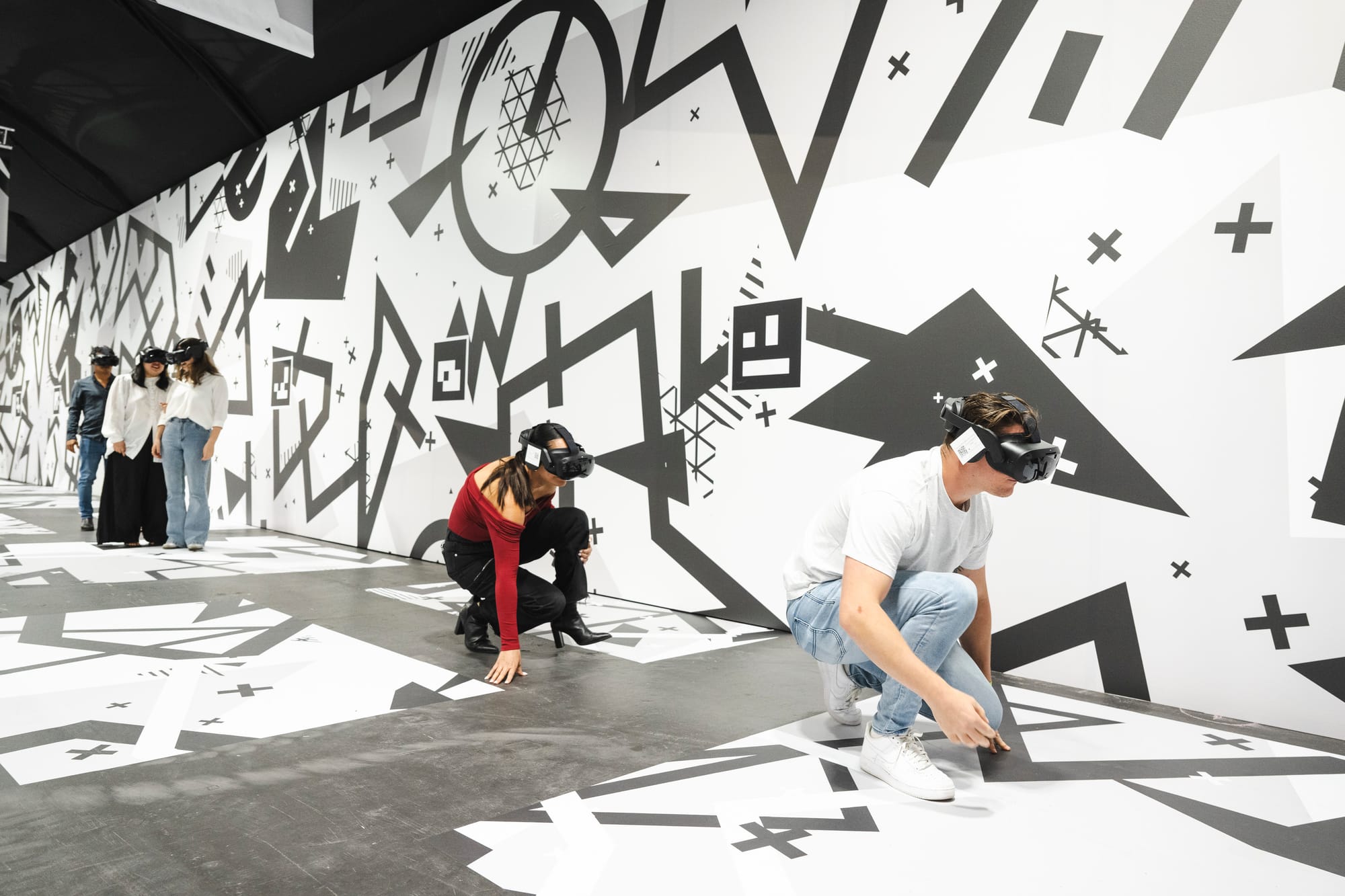
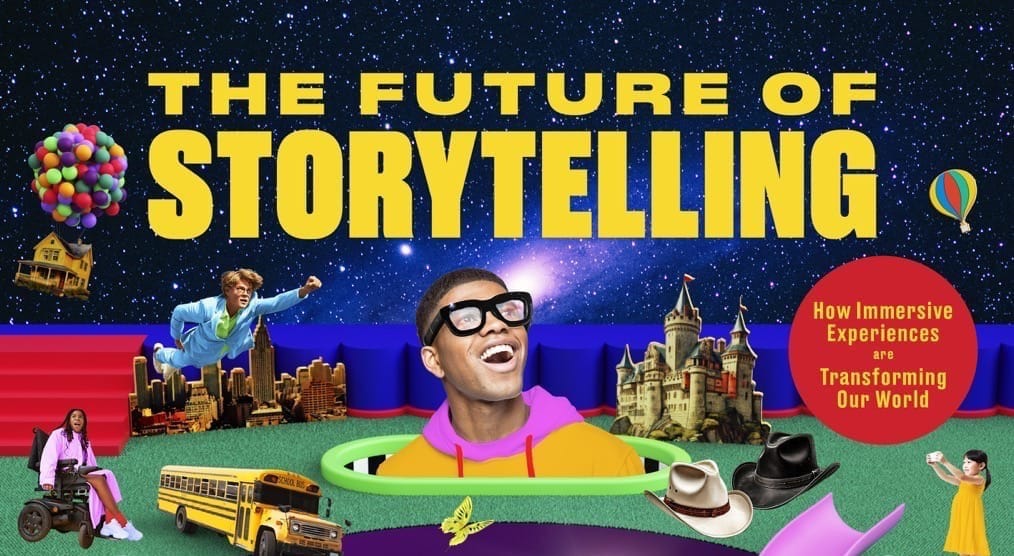
Discussion